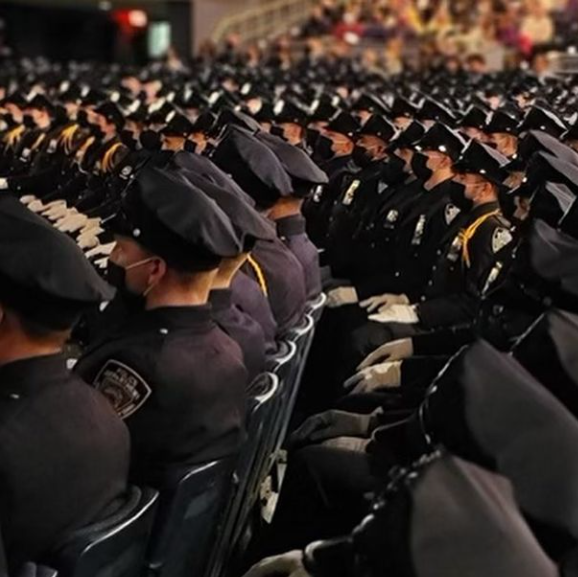
In the ancient world, those who were appointed as special protectors were highly regarded and feared. From ancient Babylon to ancient Greece, agents of kings and courts were given broad powers to investigate, enforce, and even execute. It was likely Augusts Caesar who made one of the first police force that was separate from the military with the Praetorian Guard in 27 B.C.
In English history, royal officials oversaw communities that were expected to police themselves or the King would enforce penalties reserved for the criminal upon the person or community who failed to deal with the wrongdoer. This evolved into volunteer night watchmen paying others to take their shifts, while private muscle protected commercial endeavors.
The watch system prevailed in the United States became inadequate with the growth of populations in cities. Despite the public’s suspicion of state power, citizens came to expect police services as part of city life. In 1844 the New York state legislature established a full-time police force for New York City. By 1880 most major American cities had police forces, while the expanding west relied on citizen possies formed by Sheriffs.
A series of corruption among the police in cities diminished the reputation of law enforcement in the 1900s. Graft was almost expected as a supplement to officers’ income. Corrupt mayors appointed officers on the spoils system and used the force to curry favor and punish opponents. After notorious corruption during the Prohibition era, progressive leaders like Theodore Roosevelt, adopted a civil service, para-military model of police professionalism.
The upsets of the 60s and 70s around the Vietnam war and civil rights often portrayed police officials in a negative and oppressive light as America watched riots on the evening news. The brutal response of law enforcement to civil disorder caused a loss of faith in the professionalization movement.
A major crime study under the Johnson administration eventually resulted in massive legislation in the Nixon administration with federal dollars pouring into the state and local law enforcement for training, equipment, and personnel. A major recommendation was more college education for police recruits.
The first formal training of American police officers was the New York City School of Pistol Practice in 1895 which evolved into a more generalized police academy by 1909. One notable father of training was Chief August Vollmer of Berkely, California who was criticized for wasting time training police officers since the main qualification perceived at the time was that a recruit had the strength to swing a billy club. Vollmer persuaded UC Berkely to offer a law enforcement-related degree which was the nation’s first. It was a 2-year degree in economics with a criminology minor.
Los Angeles Chief of Police William H. Parker served as chief from 1950-1966 and began his LAPD career in 1927. He became chief after a major corruption scandal and instituted rigorous pre-service and in-service training. It was not until the 1980s that every state-required minimum training standards be met for police officers.
Today, nearly 90% of police officers have a college degree, varying from over half with 2-year degrees, nearly a third with a 4-year degree, and a little over five percent with a graduate degree. Hiring standards are uniformly high, and training requirements for both pre-service and in-service instruction are steadily increasing. The many calls for better educated, better trained officers are often done in ignorance of the level of achievement of most police officers currently serving.
The quest for status as a “professional” is ongoing. Is policing there yet? Not everyone agrees. When compared to medicine and law, or other licensed professions, law enforcement meets many of the criteria. These include minimum education/training standards, supervision from an accrediting body, a code of ethics, and a body of specialized knowledge and skill. Just as medicine developed from self-appointed practitioners of ancient methods, lawyers from reading up on the law, and dentists evolved from barbershops, policing has achieved a level of professionalism that belies its past and improves daily.